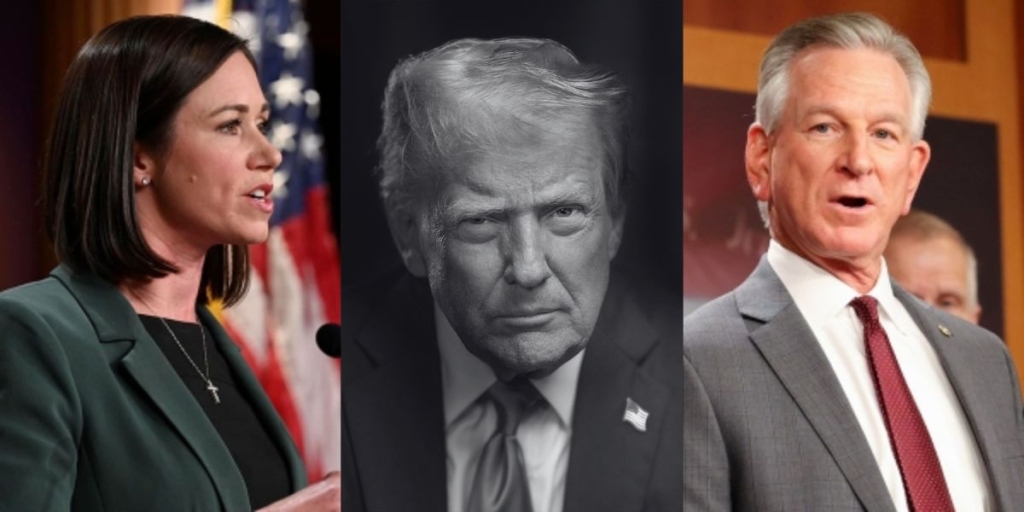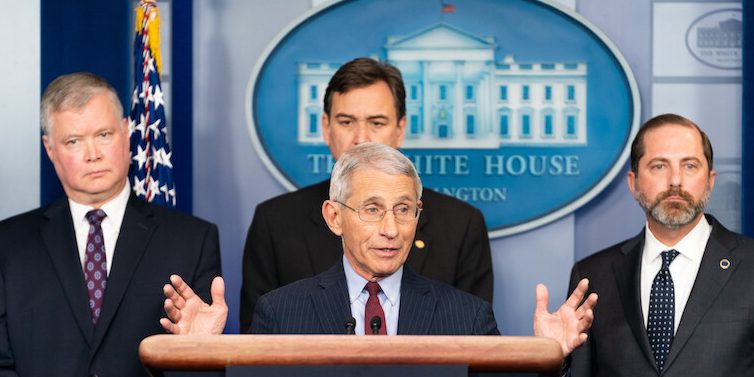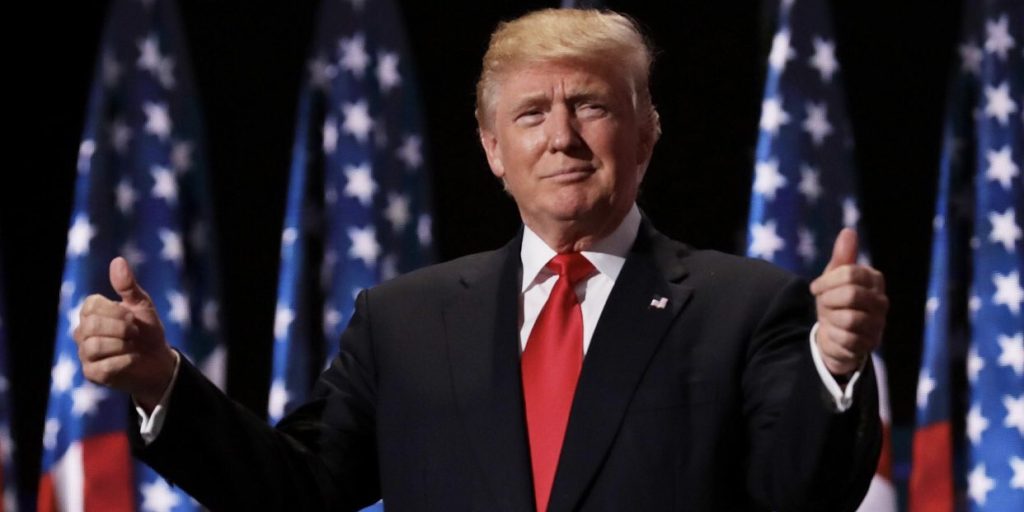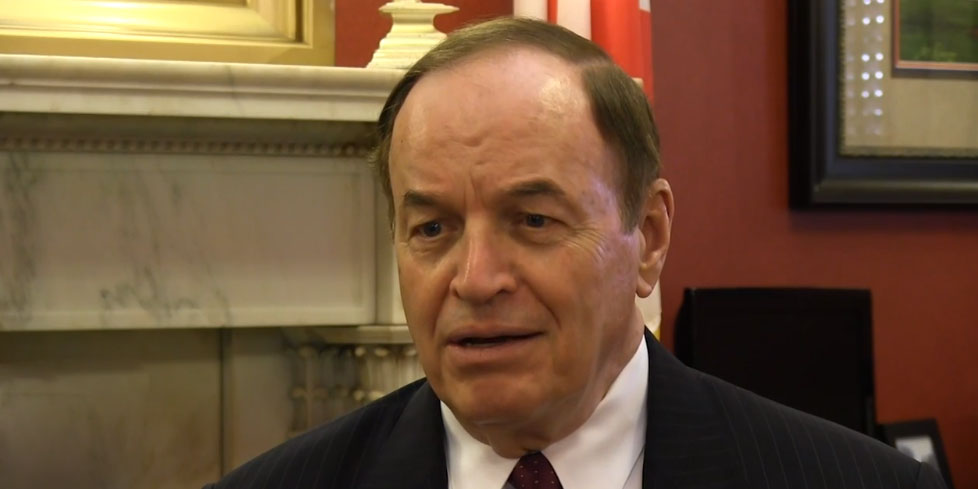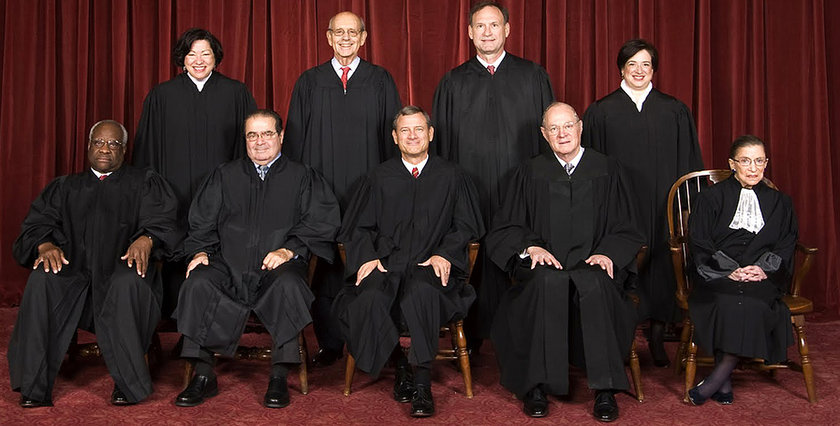
Background
The future of the Affordable Care Act (ACA) is again in question as the U.S. Supreme Court is set to rule any day now on the case of King v Burwell. This time, the issue before the Court is not one of constitutionality; rather, it is one of congressional intent: did Congress intend to give the federal government authority under the ACA to extend tax-credit subsidies under a federal exchange.
The plaintiffs are challenging IRS rules used to establish a federal insurance exchange (or marketplaces) under the ACA. The plaintiffs allege that the federal government and the IRS do not have the authority to extend tax-credit subsidies under federal exchanges because the text of the ACA only provides for subsidies through an “exchange established by the State.”
The case hinges on whether Congress intended for the exchanges to be set up only by the states, or whether, under a more ambiguous reading, the law allows for the creation of federal exchanges to offset subsidies in states that refuse to create their own exchanges. The legislative history and record of Congressional debate indicate that Congress rejected the idea of a national exchange. In fact, attempts to create a national exchange were viewed as a deal-breaker in the Senate. When the concept was rejected, Congress shifted the burden to the states believing that they would not turn down federal funds and would set up exchanges. When 34 states (including Alabama) refused to set up exchanges, the Obama Administration, via an IRS rule, created a federal exchange to disburse subsidies.
Nullifying the IRS rule would have a significant impact nationally–6 million Americans receive subsidies through the federal exchange–which some speculate may cause the justices to shy away from such a decision. The liberal-leaning justices will likely try to focus the Court’s internal debate on this negative social outcome, while the conservative-leaning justices will likely point to the plain reading of the relevant ACA provision and the separation of powers issue presented by the IRS’s overreach.
Policy Considerations
A ruling against the Obama Administration could mean the unraveling of the ACA. HHS Secretary Sylvia Burwell acknowledged this possibility in a recent letter to a House Representative when she candidly admitted that “[w]e know of no administrative actions that could, and therefore we have no plans that would, undo the massive damage to our health care system that would be caused by an adverse decision.” During oral arguments, Justice Kennedy also conceded that to strike down the federal exchange would cause a “death spiral” for health insurance under Obamacare.
If subsidies through state-run exchanges are deemed illegal, the 34 states operating under a federal exchange will face significant pressure to implement their own exchanges and to expand Medicaid in order to keep the ACA afloat. Such a move could be disastrous given the enormous costs that plague many states with exchanges or expansion in place.
While ACA proponents will claim that millions will lose their insurance, more Americans would be helped as they are relieved from burdensome mandates. Premium subsidies would no longer be available to states without exchanges. Without available subsidies, individuals that bear a greater out-of-pocket expense under the ACA would become exempt from the individual mandate. Also, employers in these states would become exempt from the employer mandate since there would be no mechanism on the federal level to trigger the employer mandate penalty.
Conclusion
If the Court rules against the Obama Administration and states hold the line in their refusal to set up state-based exchanges, the ACA would be on the verge of collapse. Congress would then have two options: go back to the drawing board with lessons learned on the disastrous impacts of this burdensome law; or negotiate a “fix” in order to preserve the ACA. A ruling in favor of the plaintiffs in this case would give the Republican-run Congress its first real opportunity to deliver on campaign promises to “repeal and replace Obamacare.” It will be critical for congressional Republicans as well as Republican Governors to hold the line against bailing out the ACA and rallying behind a free market solution that will make healthcare more affordable.
The Alabama Policy Institute (API) is a 501(c)(3) non-partisan, non-profit research and education organization dedicated to influencing public policy in the interest of the preservation of free markets, limited government and strong families, which are indispensable to a prosperous society.





